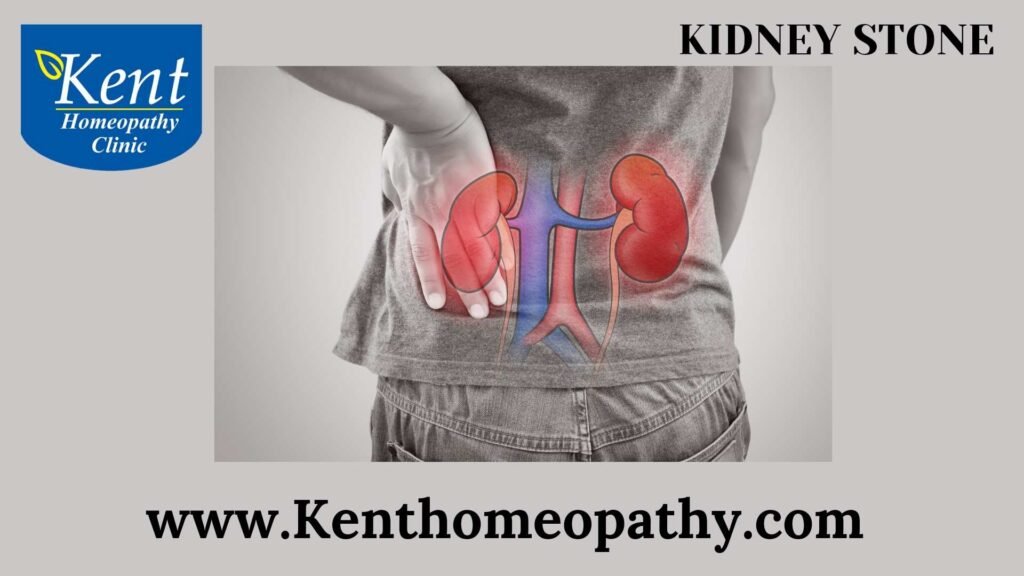Kidney stones

Kidney Stones: Unraveling Symptoms, Causes, and Types
Kidney stones, also known as renal calculi, are solid deposits that form in the kidneys. These stones can vary in size and composition, and their presence can lead to significant pain and discomfort. Understanding the symptoms, causes, and types of kidney stones is essential for effective management and prevention of this common urological condition.
Symptoms:
- Severe Pain: The hallmark symptom of kidney stones is intense pain, typically concentrated in the back or side below the ribs. The pain can radiate to the lower abdomen and groin.
- Hematuria: Kidney stones can cause blood to appear in the urine, a condition known as hematuria. The urine may be pink, red, or brownish in color.
- Frequent Urination: Individuals with kidney stones may experience an increased urge to urinate. The frequency may be accompanied by discomfort during urination.
- Urgency to Urinate: The feeling of urgency to urinate, often accompanied by only small amounts of urine being passed, is common with kidney stones.
- Cloudy or Foul-Smelling Urine: Changes in the appearance or odor of urine may occur due to the presence of kidney stones.
- Nausea and Vomiting: Some individuals may experience nausea and vomiting, especially if the kidney stone causes a blockage in the urinary tract.
- Fever and Chills: In cases where kidney stones lead to an infection, symptoms such as fever and chills may develop.
- Painful Urination: Pain or a burning sensation during urination can occur as a result of kidney stones irritating the urinary tract.
Causes:
- Dehydration: Insufficient fluid intake can lead to concentrated urine, providing an environment conducive to the formation of kidney stones.
- Dietary Factors: Consuming an excess of certain foods high in oxalates, calcium, or purines can contribute to the development of kidney stones. Common culprits include spinach, beets, chocolate, nuts, and animal proteins.
- Family History: A family history of kidney stones may increase an individual’s susceptibility to developing them.
- Obesity: Being overweight or obese can contribute to the formation of kidney stones, as it may alter the balance of substances in the urine.
- Medical Conditions: Certain medical conditions, such as hyperparathyroidism, gout, and urinary tract infections, can increase the risk of kidney stone formation.
- Digestive Diseases: Conditions that affect the absorption of calcium and other minerals in the digestive tract, such as inflammatory bowel disease or gastric bypass surgery, can contribute to kidney stone formation.
- Certain Medications: Some medications, including diuretics, antacids, and certain antibiotics, may increase the risk of kidney stones.
- Urinary Tract Abnormalities: Structural abnormalities in the urinary tract, such as narrowing or blockages, can hinder the normal flow of urine, contributing to stone formation.
Types:
- Calcium Stones: These are the most common type of kidney stones and are composed primarily of calcium oxalate or calcium phosphate. Excessive dietary oxalates or an overactive parathyroid gland can contribute to their formation.
- Struvite Stones: Struvite stones, also known as infection stones, can form in response to urinary tract infections. They often grow quickly and can become large, causing blockages in the urinary tract.
- Uric Acid Stones: Uric acid stones form when there is an excess of uric acid in the urine. Conditions like gout or certain metabolic disorders can increase the risk of uric acid stone formation.
- Cystine Stones: Cystine stones are rare and result from a genetic disorder known as cystinuria. This condition leads to the excessive excretion of certain amino acids, including cystine, in the urine.
- Mixed Stones: Mixed stones are composed of a combination of substances, often calcium oxalate and calcium phosphate. They can be more challenging to treat due to their varied composition.
In conclusion, kidney stones are a common urological condition with distinct symptoms, causes, and types. While some risk factors, such as family history or genetic predisposition, may be beyond control, lifestyle modifications, proper hydration, and medical interventions can significantly reduce the risk of kidney stone formation. Seeking medical attention for prompt diagnosis and appropriate management is crucial for minimizing pain and preventing complications associated with kidney stones.
Contact to know more
Contact
Timings
Monday to Saturday:
11:00 AM to 02:30 PM
06:30 PM to 09:00 PM
